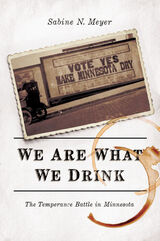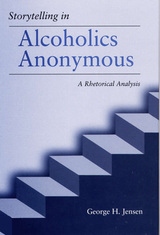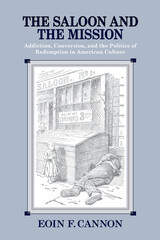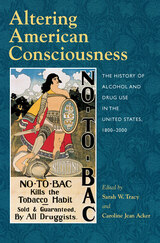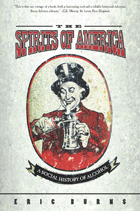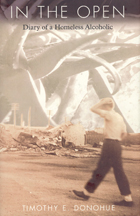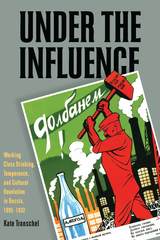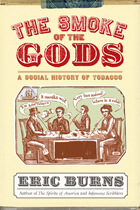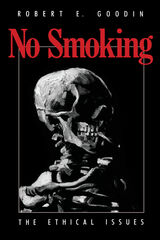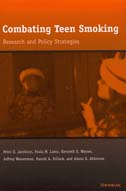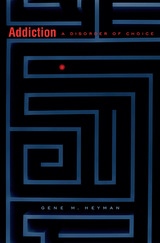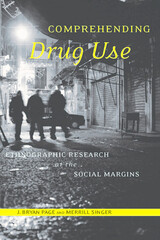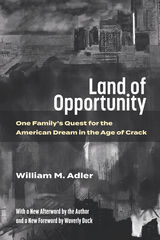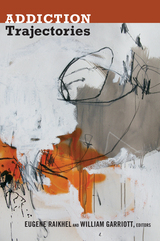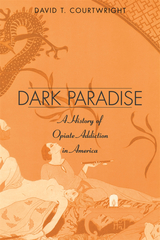Learning to Smoke: Tobacco Use in the West
University of Chicago Press, 2002
Cloth: 978-0-226-35910-6
Library of Congress Classification HV5730.H84 2003
Dewey Decimal Classification 613.8509
Cloth: 978-0-226-35910-6
Library of Congress Classification HV5730.H84 2003
Dewey Decimal Classification 613.8509
ABOUT THIS BOOK | AUTHOR BIOGRAPHY | REVIEWS | TOC | REQUEST ACCESSIBLE FILE
ABOUT THIS BOOK
Why do people smoke? Taking a unique approach to this question, Jason Hughes moves beyond the usual focus on biological addiction that dominates news coverage and public health studies and invites us to reconsider how social and personal understandings of smoking crucially affect the way people experience it. Learning to Smoke examines the diverse sociological and cultural processes that have compelled people to smoke since the practice was first introduced to the West during the sixteenth century.
Hughes traces the transformations of tobacco and its use over time, from its role as a hallucinogen in Native American shamanistic ritual to its use as a prophylactic against the plague and a cure for cancer by early Europeans, and finally to the current view of smoking as a global pandemic. He then analyzes tobacco from the perspective of the individual user, exploring how its consumption relates to issues of identity and life changes. Comparing sociocultural and personal experiences, Hughes ultimately asks what the patterns of tobacco use mean for the clinical treatment of smokers and for public policy on smoking. Pointing the way, then, to a more learned and sophisticated understanding of tobacco use, this study will prove to be essential reading for anyone interested in the history of smoking and the sociology of addiction.
Hughes traces the transformations of tobacco and its use over time, from its role as a hallucinogen in Native American shamanistic ritual to its use as a prophylactic against the plague and a cure for cancer by early Europeans, and finally to the current view of smoking as a global pandemic. He then analyzes tobacco from the perspective of the individual user, exploring how its consumption relates to issues of identity and life changes. Comparing sociocultural and personal experiences, Hughes ultimately asks what the patterns of tobacco use mean for the clinical treatment of smokers and for public policy on smoking. Pointing the way, then, to a more learned and sophisticated understanding of tobacco use, this study will prove to be essential reading for anyone interested in the history of smoking and the sociology of addiction.
See other books on: Learning | Smoke | Smoking | Tobacco habit | Tobacco use
See other titles from University of Chicago Press

